Roy Williams’s new play is a wonky beast. It has two dense and cumbersome storylines that aren’t properly developed. Dawn is a mother grieving for her eldest son who was murdered by a gang of white boys. Her younger lad is dating a white girl who used to hang out with the killers. It’s a heavy start. But Williams doesn’t explore this web of bereavement and forbidden romance and turns instead to Dawn’s sister, Marcia, a barrister, who is dating a white MP. ‘Giles is one reshuffle away from being a cabinet minister.’ Dawn claims that all white people are die-hard racists who pine for the old days when the N-word was in regular use. She pours scorn on Marcia’s blossoming affair with Giles. ‘Some horny married pale-skin who ain’t getting it at home has got himself a taste of jungle fever.’ Marcia appears to endorse her sister’s racism and she complains that her illicit affair was exposed by a female solicitor whose name she can’t recall. ‘Jessica? Jacqueline? Janet? They all look the same with their legally blonde hair.’ And yet Marcia is less bigoted than her sister. She tries to persuade Dawn, and Dawn’s racist husband, Tony, that white people are not blinded by hatred of their black neighbours.
The readiness of this affluent black family to parade their prejudices is likely to shock white audiences but Williams is an honest and sophisticated playwright who knows that his task is to reveal the truth in all its distressing ugliness. Dawn’s hatred of whites is complicated by admiration. She has a crush on John Travolta and she loves dancing to Take That. In the second half she delivers a fabulous speech confessing her contempt for Maya Angelou, ‘so boring’, and her preference for the Daily Mail. ‘I agree with every word Piers Morgan says about Meghan Markle… and I want to execute the next black person that goes on Masterchef and cooks jerk chicken.’
That speech alone stirred the audience to a standing ovation at the end. But there are commercial problems here. Press night was accidentally delayed. The show’s bland title reveals nothing about its content. And the script is clearly aimed at black Londoners over the age of 50, but that demographic is scarce in Hampstead. A product needs to be accessible to its customer base or it’s likely to fail. Right play, wrong place.
The Lesson is a satire on education written by Eugene Ionesco in 1951. A professor interviews a geeky female pupil who knows nothing about anything. She can’t subtract three from four and she has no idea what season follows summer. Still, the professor hails her as a genius whose academic achievements will dazzle humanity. Lessons begin. Since we’re in the world of Ionesco, the facts are deliberately false. The professor insists that the mother tongue of Europe is Spanish and that the non-existent ‘similarities’ between Greek and Turkish arise from the two nations’ geographical proximity. He grinds the pupil down with his distortions and the play reaches a violent conclusion.
What does it all mean? Perhaps that education is a plot to brainwash youngsters and enslave them to affluent lecturers who are themselves the playthings of unseen puppet masters. But another viewer may reach a different conclusion. It scarcely matters. In the absurdist genre, obscurity is profundity, repetition is inventiveness and nonsense is wit. And a play’s meaning is mysteriously enfolded within its illogicalities.
This faddish trickery conceals the fact that absurdism is a buried chest containing no treasure. And yet this dull and overblown play has been handsomely directed by Max Lewendel. Jerome Ngonadi’s Professor is a captivating blend of kindly charm and aggressive mischief, and the ingenious video designs by Ben Glover give the show a pulse and a sense of movement that the script lacks.
One snag: the closing scene commits a crime against art. The professor threatens his pupil with a dagger, (according to the original text), but in this version a weapon resembling a glue stick is flourished. Why? Because a milksop might panic at the sight of a woman under duress? Art should reveal the truth rather than hiding it. And a knife is not just a weapon. It’s a turning-point, a crisis in a scene, an issue of great uncertainty. The pupil may disarm her attacker and stab him to death. But she has no chance of retaliating if the blade isn’t capable of doing any damage. So the removal of the weapon makes the female even less powerful. The answer is obvious. Restore the dagger and let the characters do what they will with it. If theatre-makers capitulate to fainting dowagers and tantrum-prone crybabies they’ll kill the theatre.
Got something to add? Join the discussion and comment below.
Get 10 issues for just $10
Subscribe to The Spectator Australia today for the next 10 magazine issues, plus full online access, for just $10.
You might disagree with half of it, but you’ll enjoy reading all of it. Try your first month for free, then just $2 a week for the remainder of your first year.

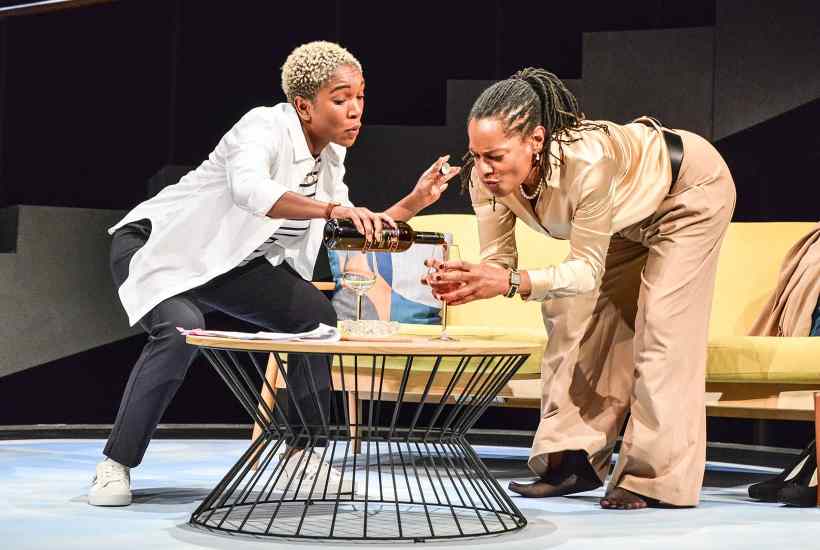
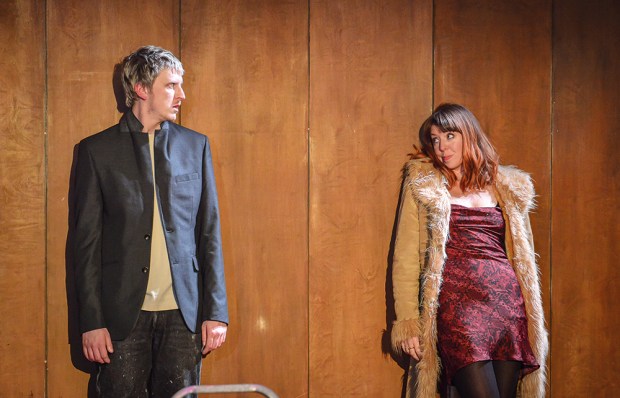
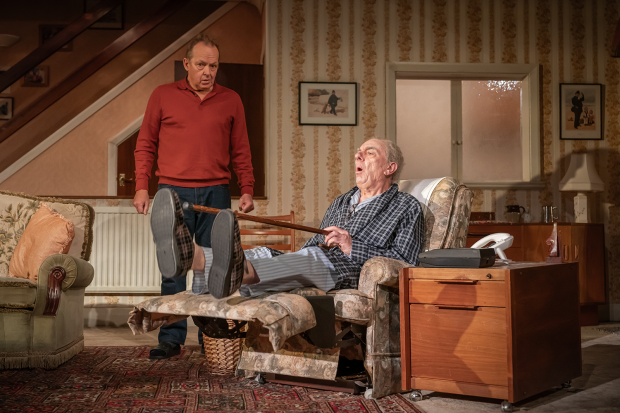

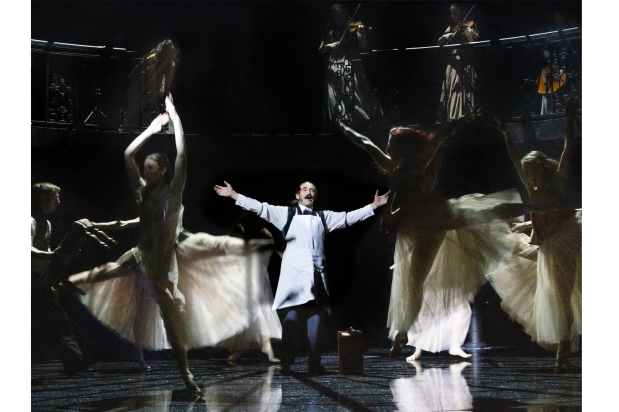

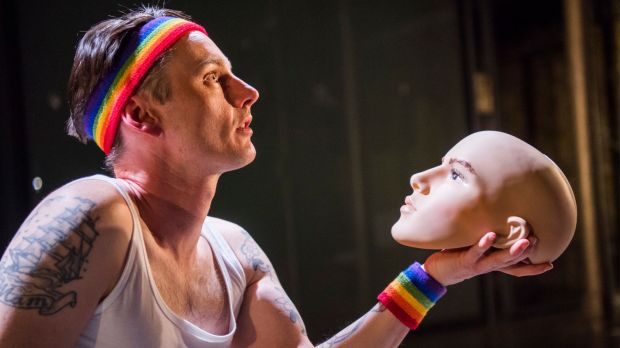






Comments
Don't miss out
Join the conversation with other Spectator Australia readers. Subscribe to leave a comment.
SUBSCRIBEAlready a subscriber? Log in